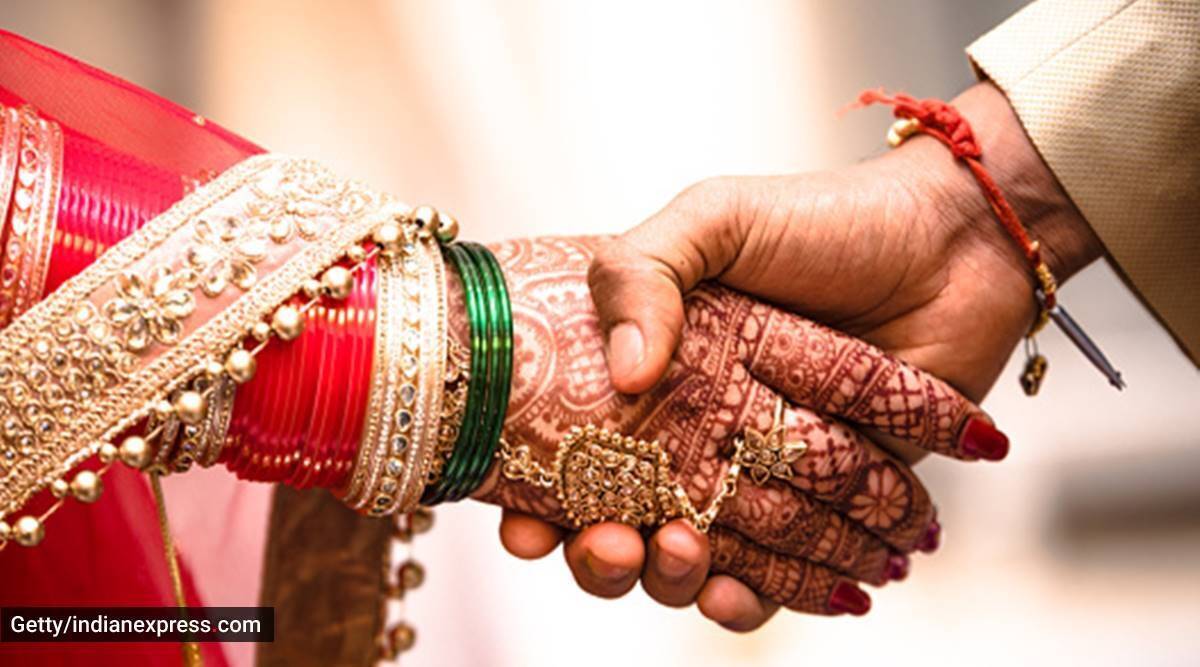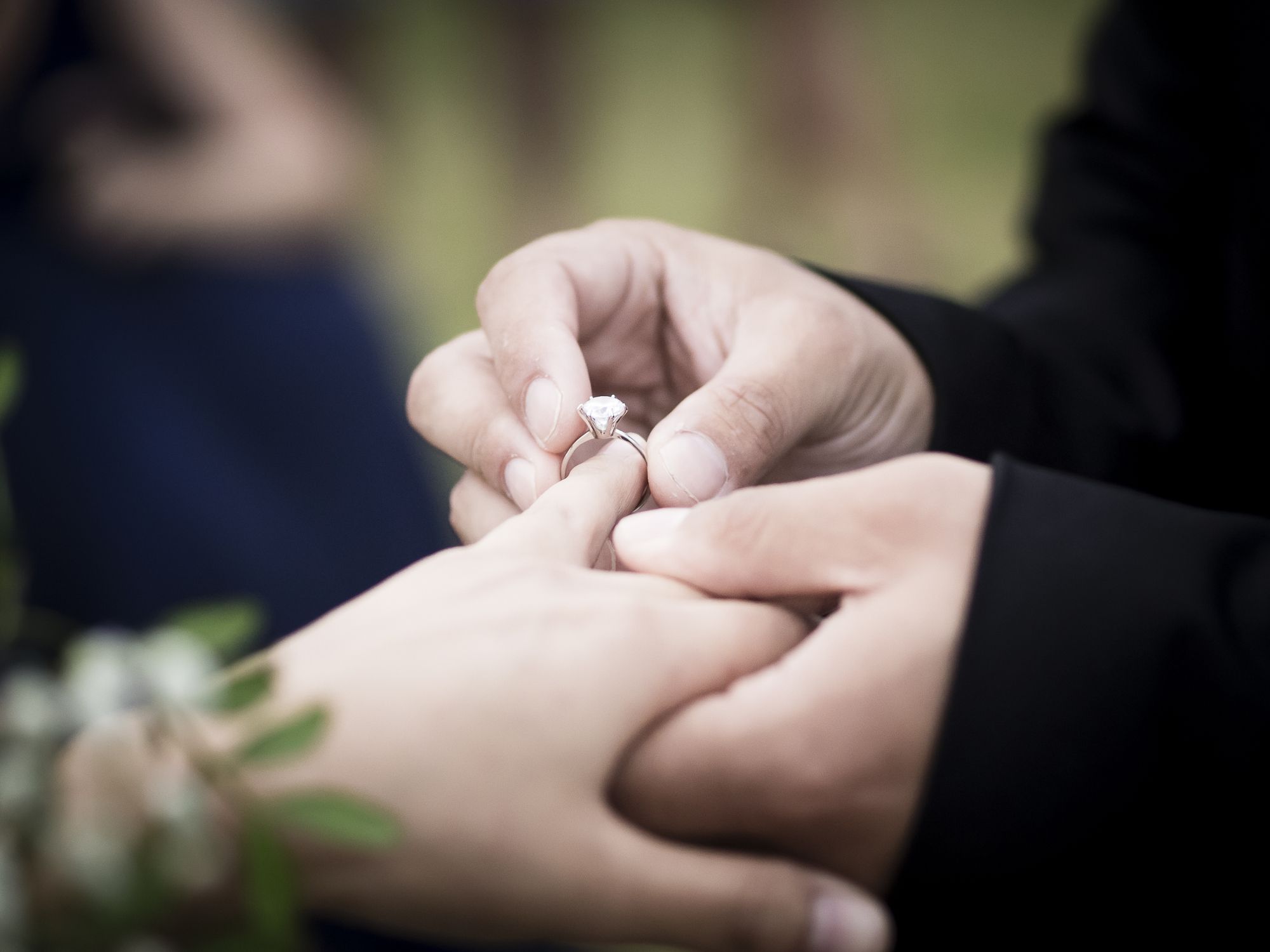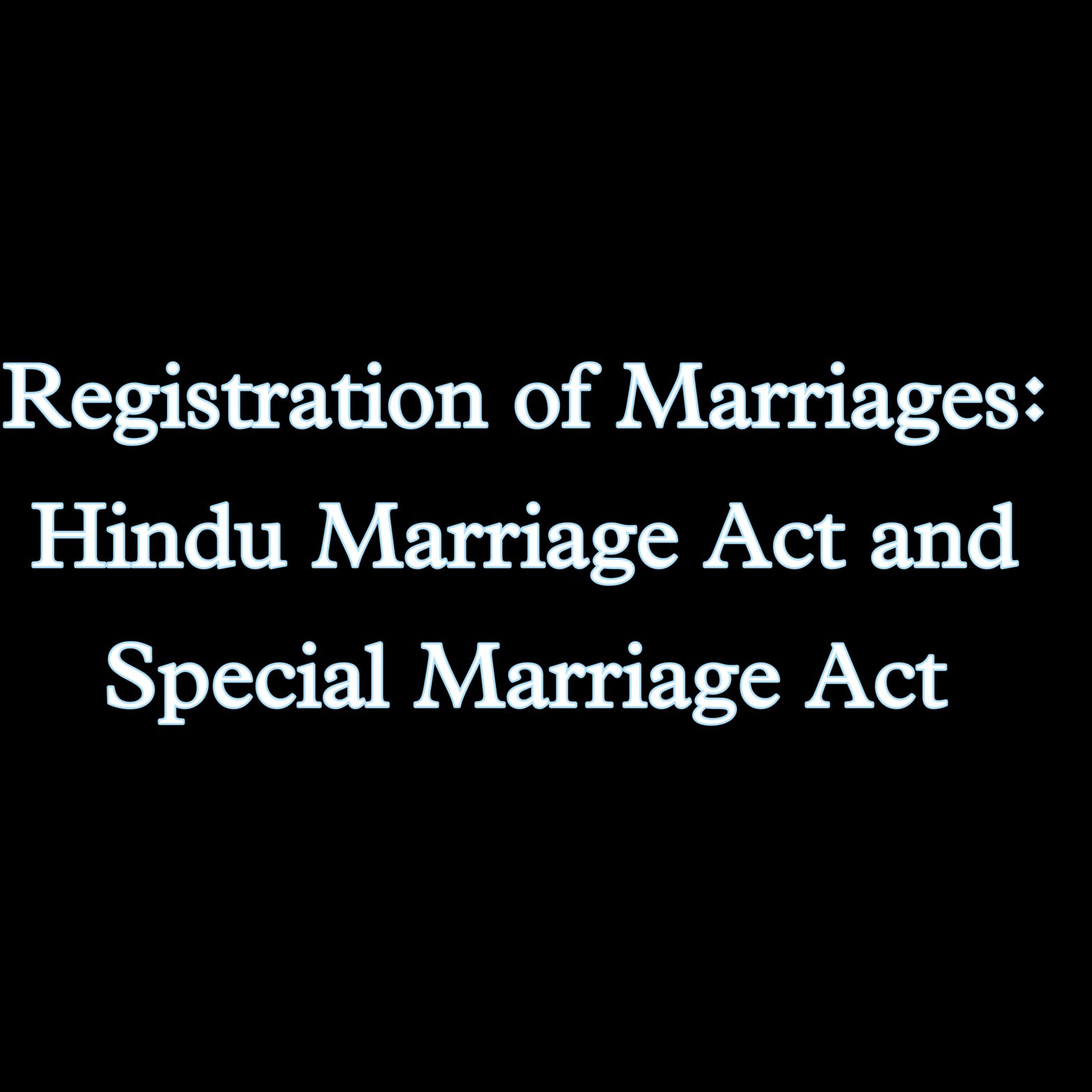This article is about marriage registration in India. It discusses the registration of marriages under the Hindu Marriage Act and the Special Marriage Act. It also discusses the necessary conditions that must be met to register a marriage.
Introduction
In Indian culture, marriage is revered as a sacred institution. It is a sacred commitment between two individuals to spend the rest of their lives together. In India, there are a plethora of marriage registration rules.
Following the performance of the bride and groom’s marriage, certain prerequisites must be met to have legal standing, i.e. to be valid under Indian laws.
Due to numerous cultures, it became difficult for lawmakers to establish a proper process for marriage registration and solemnization, keeping in mind that any rule or policy that is discovered to be adversely affecting any religious custom is likely to attract widespread opposition.
Marriage Registration in India
A marriage certificate is a legal declaration that two persons are legally married. The Hindu Marriage Act of 1955 or the Special Marriage Act of 1954 governs marriages in India. The Honorable Supreme Court of India mandated that all marriages must be registered to be legalized in 2006.
Under the Hindu Marriage Act, Marriages in India may be registered under the Hindu Marriage Act of 1955 or the Special Marriage Act of 1954, as referred to above. It applies to all Indian citizens, no matter their religion. Only Hindus, Sikhs, Jains, and Buddhists are eligible to apply for marriage registration in India. The couple might even seek registration if their marriage has already been solemnized.
The sub-office, the registrar’s within whose authority the marriage was solemnized, must be visited. It can be completed at the sub-office, registrars where one of the partners has resided for more than six months. Depending on the customs and rituals of either side, a Hindu marriage can be solemn.
Marriage Registration in Hindu: The Basics

Certain conditions must be met under the Hindu Marriage Act of 1955 for the marriage to be recognised as legal and valid. Sections 5 and 7 of the Act spell out these requirements. A Hindu marriage is only lawful if both parties are Hindus, according to section 5 of the Hindu Marriage Act of 1955. The marriage will not be considered valid if one of the partners is a Christian or a Muslim.
In M. Vijayakumari V/S. K. Devabalan, it was decided that legitimate marriage cannot be formed between a Hindu man who converted to Christianity and a Christian woman who dresses in Hindu garb. Marriage must be solemnised between two Hindus, according to Section 5 of the Act.
The following conditions should be met:
- Hindu marriage can be performed between any two Hindus:
- At the time of the marriage, neither party had a living spouse.
- Due to insanity, neither side can give legal consent.
- Despite their ability to give legal permission, none of them has suffered from a mental disease of such a nature or to such an extent that they are unsuited for marriage and childbearing.
- Neither of them has ever had a repeated episode of mania or epilepsy.
- At the time of the wedding, the bridegroom was 21 years old & the bride was 18 years old.
- Unless each party’s custom or usage permits marriage between them, the parties are not within the degrees of prohibited relationship.
- Unless the custom or practice governing either of them permits marriage between the two, the parties are not sapindas of each other (one is a lineal descendant of the other).
The Special Marriage Act 1954
The 1954 Special Marriage Act permits all Indian citizens of any religion to register their marriage. The marital officer provides the couple with registration and solemnisation.
A couple applying under the Special Marriage Act must send a 30-day notice to the Deputy Registrar of the jurisdiction of either partner.
The registrar posts a notice on the board for 30 days, and if no objection is received during this time, the marriage is registered. A copy of the notice shall be retained on file by the Deputy Registrar of the court.
This method allows the marriage to be completed without the need for a religious ceremony. Those who are not eligible to register their marriage under the Hindu marriage legislation in India might use the Special Marriage Act of 1954 as an alternative.
Marriage Registration Requirements

The Special Marriage Act governs both marriage solemnization and registration. Certain qualifications are provided in Section 4 of the Special Marriage Act of 1954, which are largely similar to those outlined in Section 5 of the Hindu Marriage Act of 1954.
- No religious ceremonies are required for a marriage to be complete under this act.
- Under Section 4, the Act establishes the following prerequisites for a marriage to be considered legal and valid.
- At the time of the marriage, neither partner should have a live spouse.
- Both partners’ physical and mental capacities must meet the requirements of the section.
- The parties’ ages are twenty-one years old for the male and eighteen years old for the female.
- The parties are not in a banned relationship if the tradition of one of the parties allows them to marry.
Under the Special Marriage Act of 1954, any marriage in breach of the above conditions is null and void. The 1954 Special Marriage Act is an alternative to the 1955 Hindu Marriage Act for Hindus, Buddhist, Jains, and Sikhs marriages in these four communities.
When a Muslim marries another Muslim, they have the option of using their Personal law or the Special Marriage Act.
Procedure for Marriage Registration
Who to approach for marriage registration
To register a marriage, one must go to the office of the Sub Divisional Magistrate in whose jurisdiction the marriage occurred or where either of the spouses resided for at least six months before the marriage.
Document required for registration
According to the Delhi Government’s official website, the following documents must be given for Hindu marriage registration after being officially attested by a Gazetted Officer:
- The husband and wife must sign the application form or marital protocol. The dates of birth of both parties must be backed up with documentary evidence. Men must be 21 & women must be 18 under the Indian Marriage Act and the Special Marriage Act. This may be their registration certificate, passport or birth certificate.
- Husband and wife’s residency evidence (Ration Card, Aadhar Card, Election Voter Id, PAN Card, or bills like Electricity Bill etc.) Two passport-size photos of both parties are required, as well as one wedding photo.
- If available, a wedding invitation card
- A certificate from the priest is necessary to solemnise the marriage if it was solemnised at a religious location.
- If the marriage is under the Hindu Marriage Act, a fee of Rs. 100 is necessary, and if the marriage is under the Special Marriage Act, a fee of Rs. 150 is required, with the receipt attached to the application form.
- The parties must affirm that they are not related and that they do not fall within the banned connection degree as defined by the Hindu Marriage Act of 1955 and the Special Marriage Act of 1955.
- In the event of a divorcee, an attestation copy of the divorce decree/order, and in the case of a widow/widower, an attestation copy of the spouse’s death certificate.
- A conversion certificate from the priest who solemnised the marriage (in the case of the Hindu Marriage Act) is required if one of the parties does not belong to the Hindu, Buddhist, Jain, or Sikh religions.
- Both parties must sign an affidavit confirming the location and date of their marriage, their dates of birth, their marital status at the time of marriage, and their nationality.
In the case of court marriage, how is the marriage registered?

- Affidavits must be attested by a Magistrate/S.D.M. or a Notary Public with the Register Entry Number.
- In the required format, fill out the application form.
- Age proof must be provided, in the form of a voter identification card, a driver’s licence, or a matriculation certificate.
- A voter identification card, driver’s licence, matriculation certificate, or passport are all acceptable forms of proof of residency.
- 7 images of the bride and groom in passport size.
- The three witnesses’ PAN cards and residential proofs
- If one of the bridesmaids or groomsmen is (are) divorced, a Certified copy of the Court’s Divorce Decree.
- A death certificate is required if one of the parties’ last spouses passes away.
- If one of the partners is a foreign national, No Impediment Certificate / NOC from the relevant embassy are necessary, as well as a valid VISA.
Landmark Judgment
Seema v. Ashwani Kumar
The Supreme Court stated in the well-known case of Seema v. Ashwani Kumar that the issue of marriage registration should be regarded within the scope of vital statistics, as defined in Entry 30, List-3, Section 7 of the Indian Constitution. As a result, if the State solemnises the marriage, registration of weddings of citizens of any religion across the country should be made mandatory under any statute. As a result of this lawsuit, the judiciary has given the legislative permission to make marriage registration mandatory throughout the country.
Registration has become a legal requirement for citizens. The Supreme Court of the United States directed all states and union territories to produce reports of compliance, if any, in this case. Some states, such as Rajasthan, Sikkim, Karnataka, Bihar, Chattisgarh, Goa, Madhya Pradesh, and Mizoram, remained silent in the face of the court’s directive, while those that consented limited the filing of compliance forms to Hindus exclusively. The court also promised a three-month deadline for filing the compliance.
Pranav A.M. v. Secy Engandiyum
The court held that Gram Panchayat that if a marriage occurs after one of the parties converts to Hinduism, the marriage registrar has no right to inspect the marriage. He or she needs to do nothing more than register the marriage, which is his or her responsibility.
Valsamma v. Cochin Units
The case of Valsemma v. Cochin Units has highlighted the issue of the legality of marriage registration. In this case, the court stated that any marriage registration will be ruled null and void if the marriage rites do not take place. This decision was made in 1996, and it focused on the country’s societal framework. In the case of Seema v. Ashwani Kumar, all of these judgments were overturned, and the result was extremely positive for the entire country.
Conclusion
Marriage registration is indeed required in India, and it will be possible if the Indian citizen adopts and follows the law for social benefit. Only those rights that are available should be implemented for the protection of citizens.
FAQs
Is a marriage certificate mandatory in India?
The Supreme Court of India, in 2006, made it mandatory to register all marriages in the eyes of the law, making it an important certificate to prove your relationship with your spouse.
Is marriage without registration valid?
The absence of registration of marriage does not make it illegal. Your marriage is valid for all legal and practical reasons.
When should we register for marriage?
The registration is done 30 days after the date of the notice, after deciding any objection that may have been received during the said period by the SDM.
Can parents be witnesses for marriage registration?
There must be three witnesses for the solemnization of valid Court Marriage. Any person such as a family friend, family member, friend, a colleague can be a witness to a Court Marriage.
How much does a court marriage cost?
Generally, court marriage procedure fees are between Rs. 500 to Rs. 1000.
Relevant links
https://www.legalserviceindia.com/helpline/marriage_reg.htm
https://legaldesk.com/affidavits/marriage-registration-process-and-procedure
